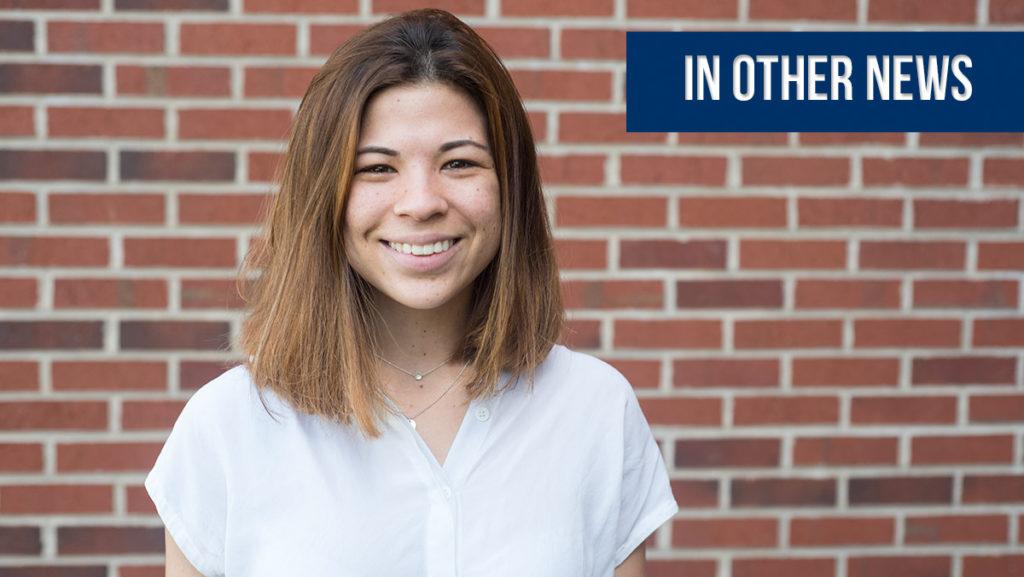The Zapatista Army of National Liberation (EZLN) was born in 1994. It is a left-wing militia group that aims to protect the rights of the indigenous populations of Mexico and fight against Western imperialism. It began its political career by planning attacks all across Mexico on Jan. 1, 1994.
Since then, EZLN has become more and more prevalent by leading away from military strikes and working on political equality for the indigenous people. For example, EZLN has aided in creating the National Indigenous Congress of Mexico (CNI). It is a space where the marginalized indigenous tribes of Mexico work to achieve unity and equality and to be recognized by the government.
This year, the CNI and EZLN decided to nominate an indigenous woman to run in the 2018 presidential campaign. It has not been decided who the candidate will be, but it will be defined after negotiations between EZLN and the members of the CNI. It is the first time Mexico has allowed presidential candidates to run without being affiliated to an official political party, and EZLN is taking advantage of the situation.
EZLN had a reputation of using force to get its points across in the past. Its reason for using “unconventional” tactics for change was that it has never believed that the “official” channels for change in Mexico — politics — would bring equality to the indigenous populace. EZLN is a group that, in 2006, asked people not to vote but that 10 years later is presenting an independent candidate.
There is a wave of peace and equality slowly washing over Latin America right now — something that is long overdue for the region that has had a history of violent militia groups and indigenous exploitation since before the Cold War. The EZLN decision to participate in the political process strengthens this by bringing to light issues of indigenous inequality as well as the exploitation of Latin America to a global limelight.
In the history of Latin America, there has only been one indigenous president: Evo Morales of Bolivia. For a region that was built on the back of the indigenous population, recognizing indigenous peoples political legitimacy and equality should have happened much earlier than 2016. At the same time, the resonating fear of a left-wing government conceived during the Cold War, and its nearly absolute failure in Venezuela in 2016, has left the region with a fear of equality. Whoever EZLN decides to nominate has a long road ahead of her, and a heavy history behind her.




